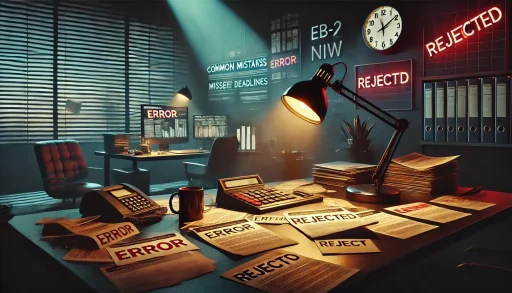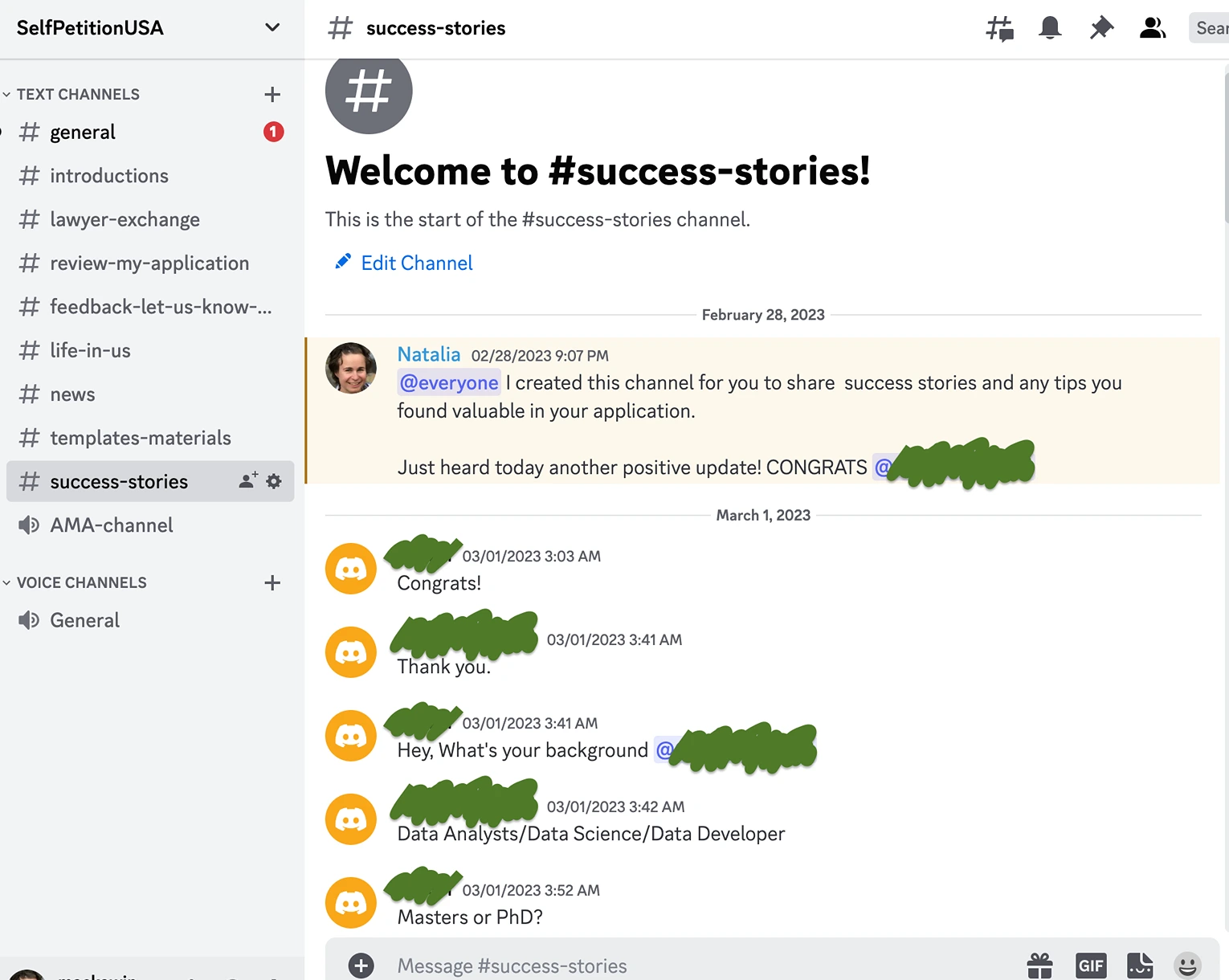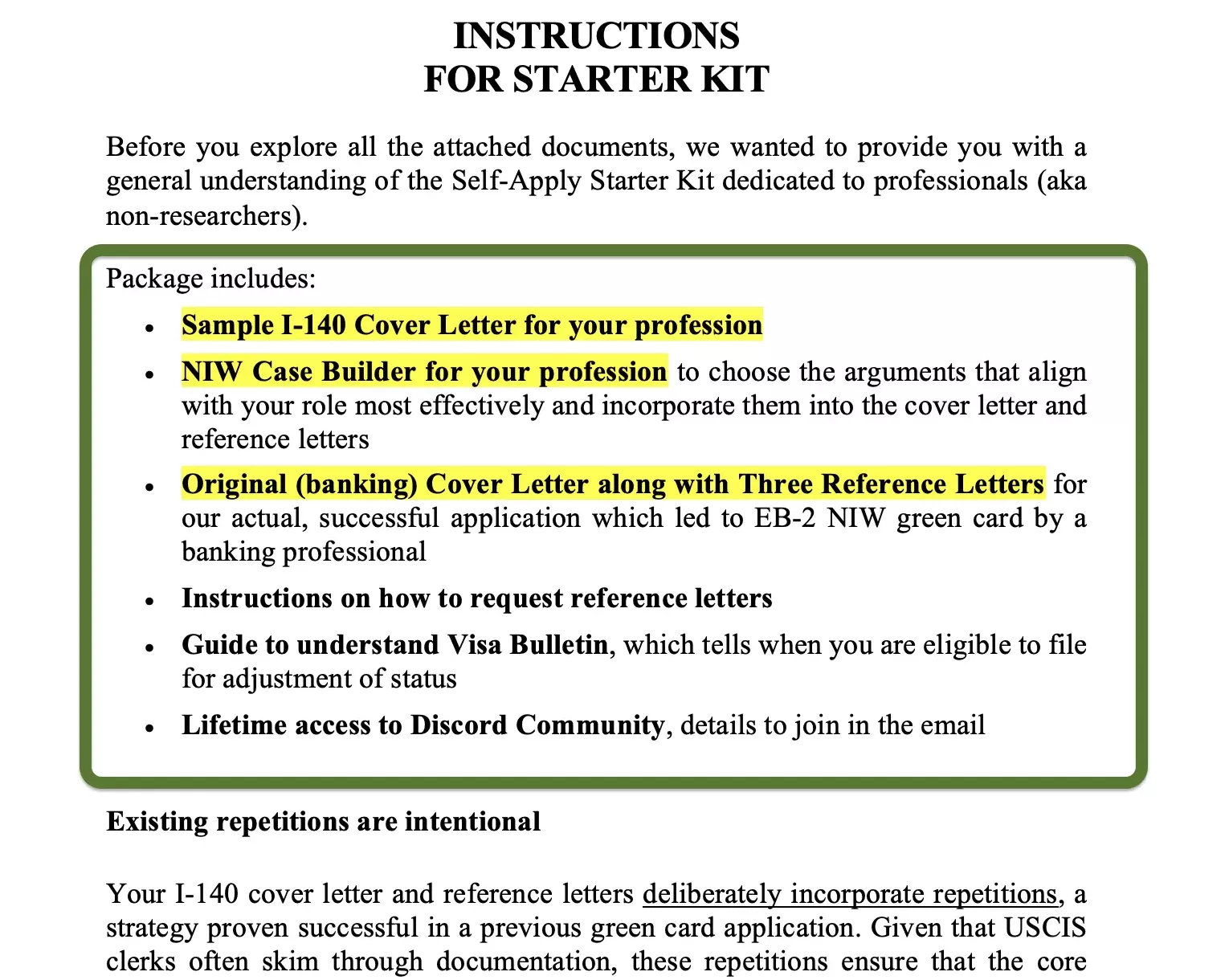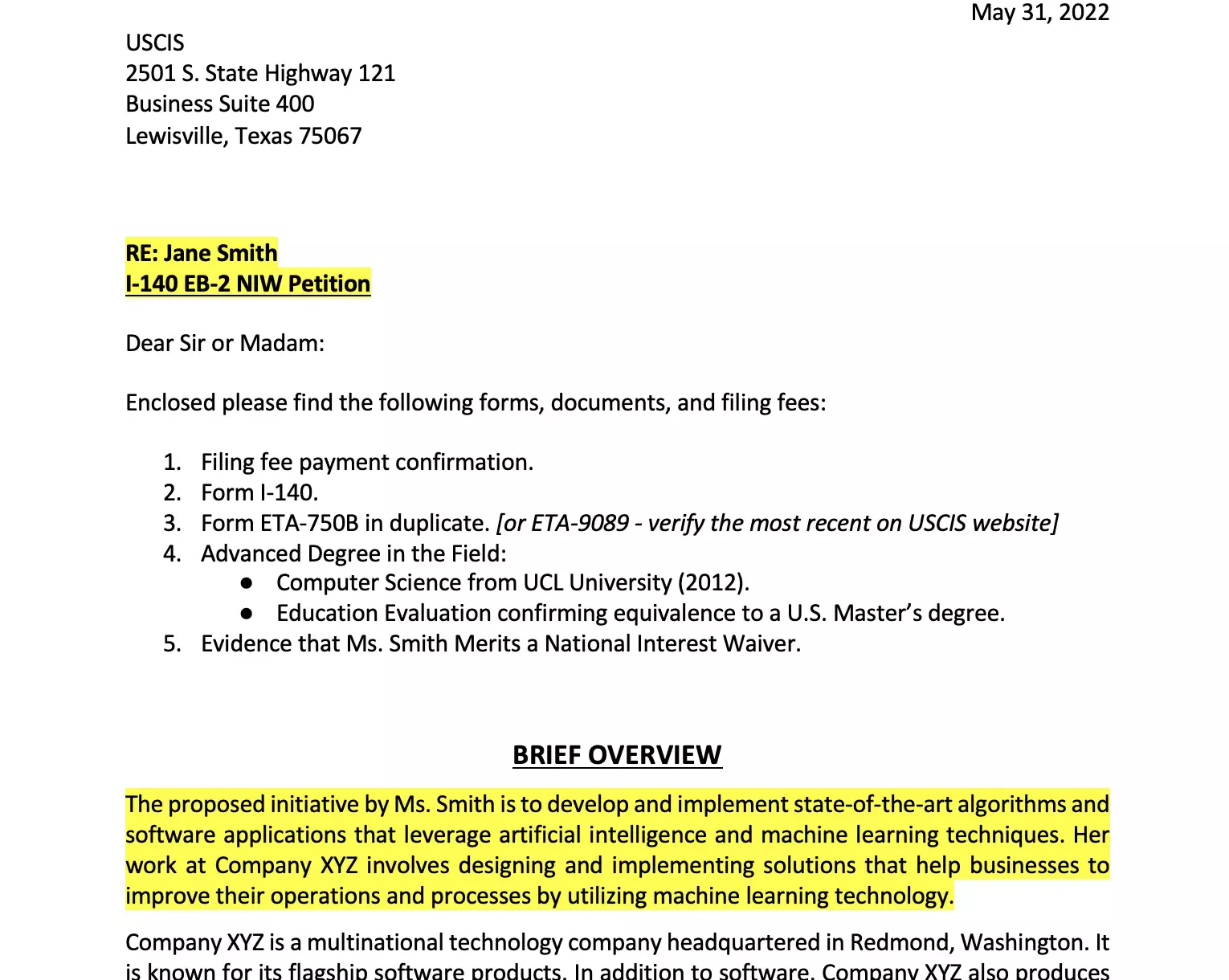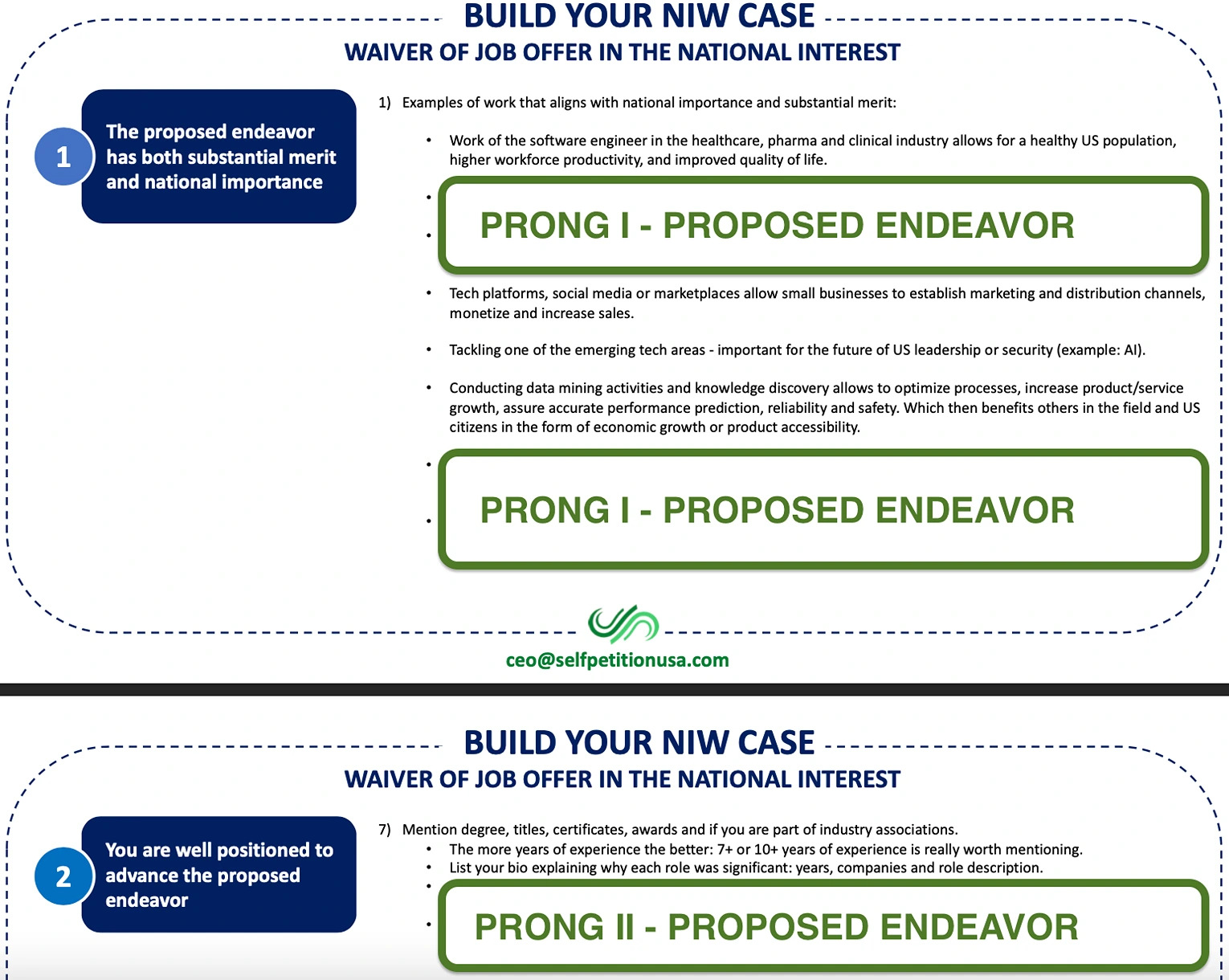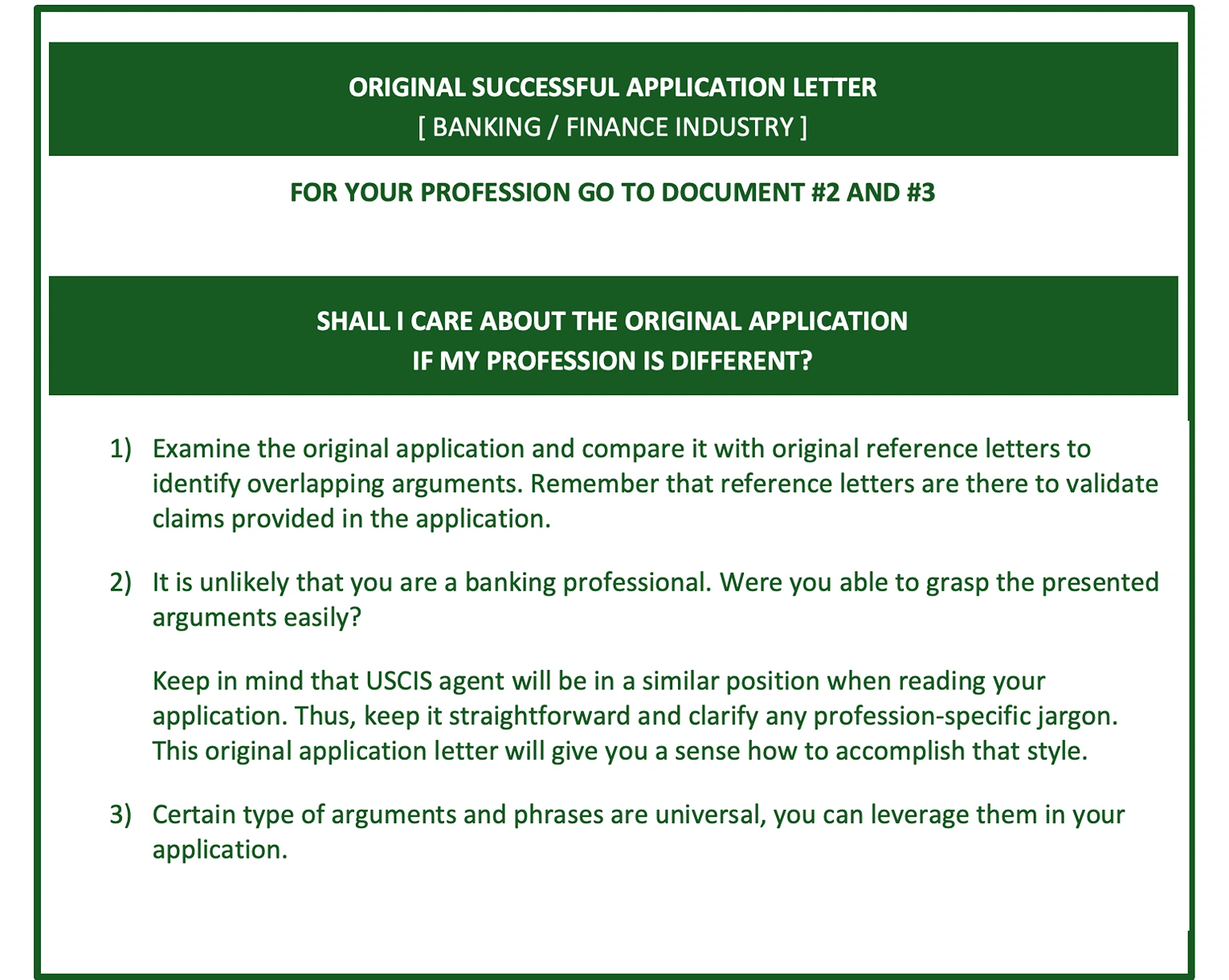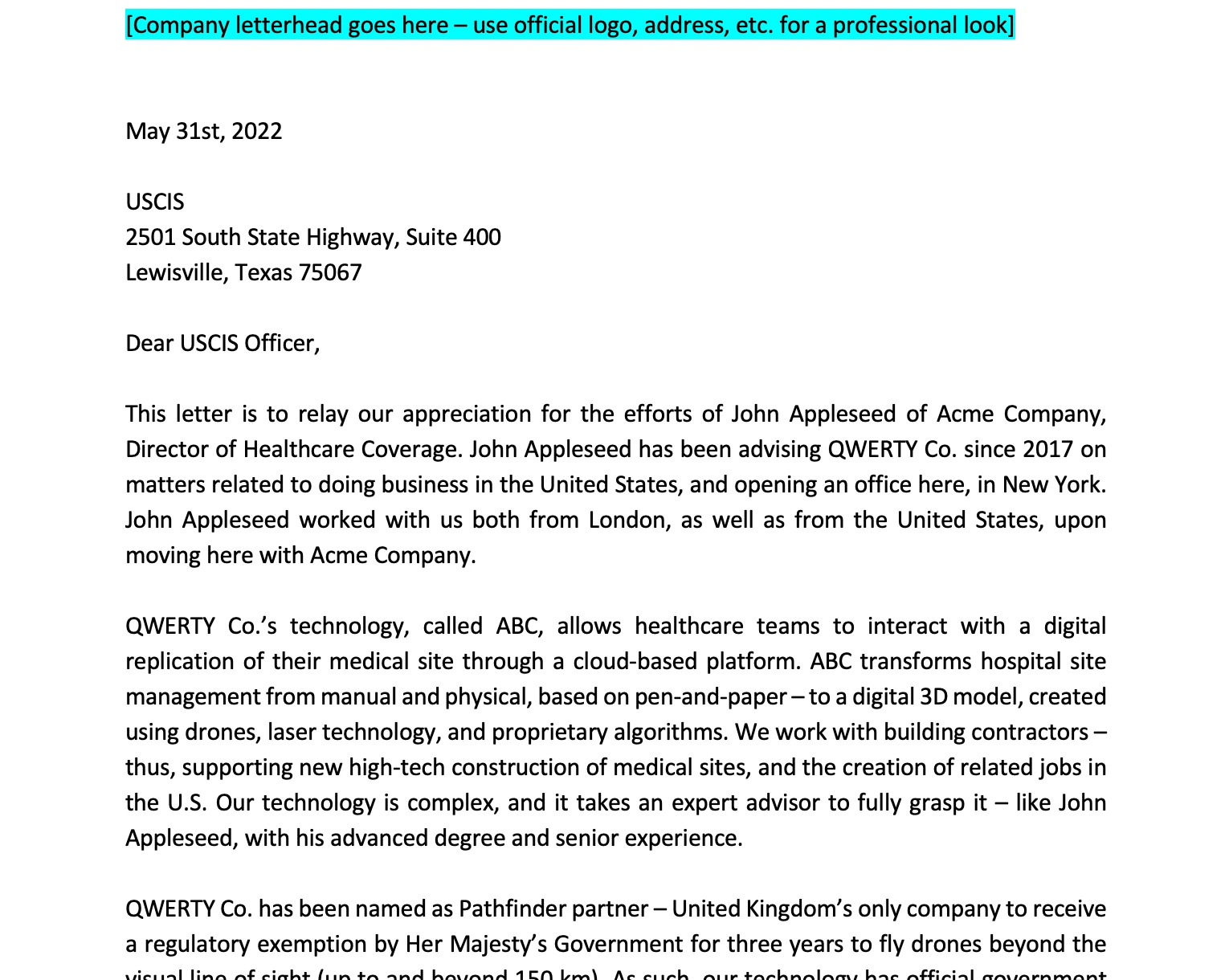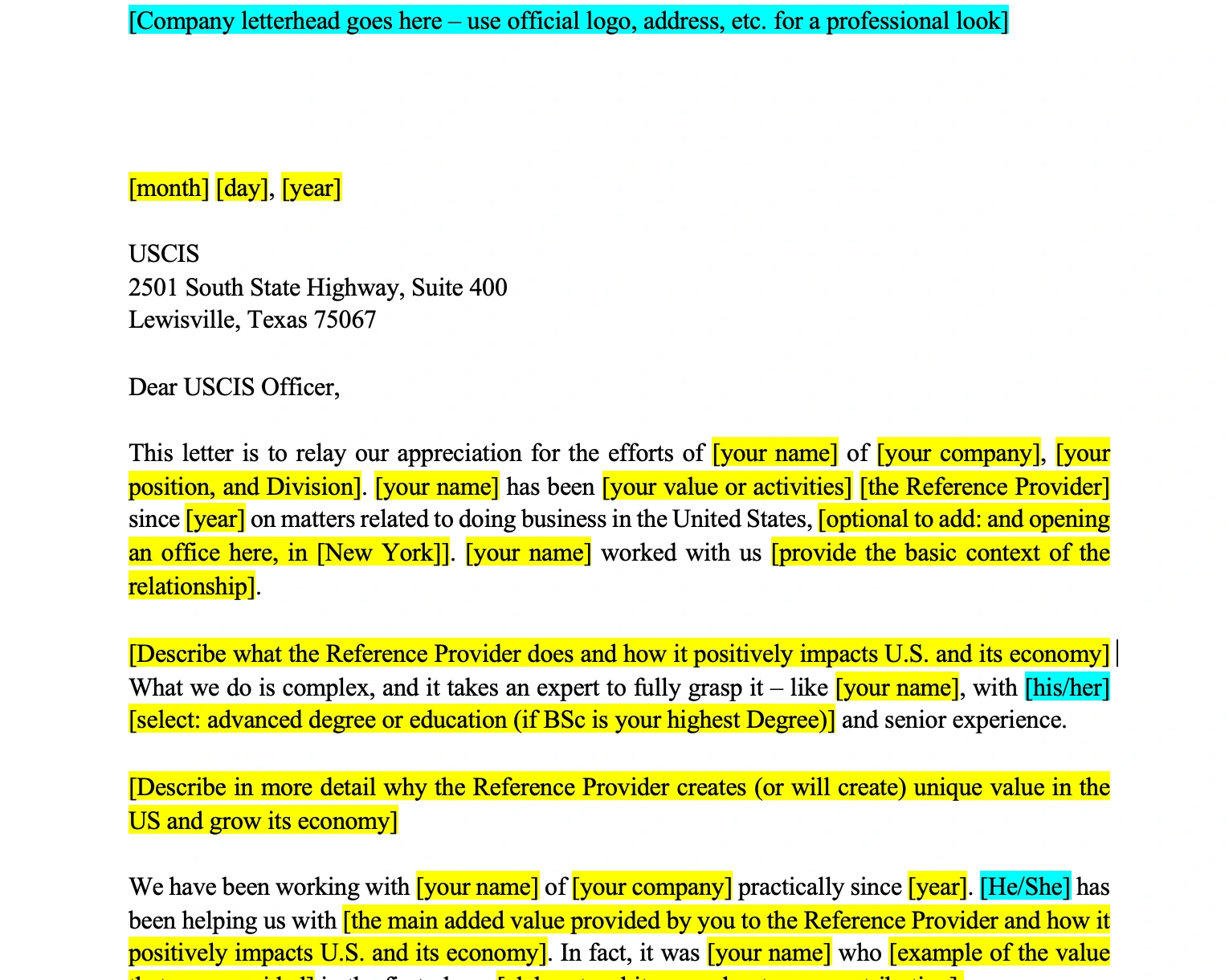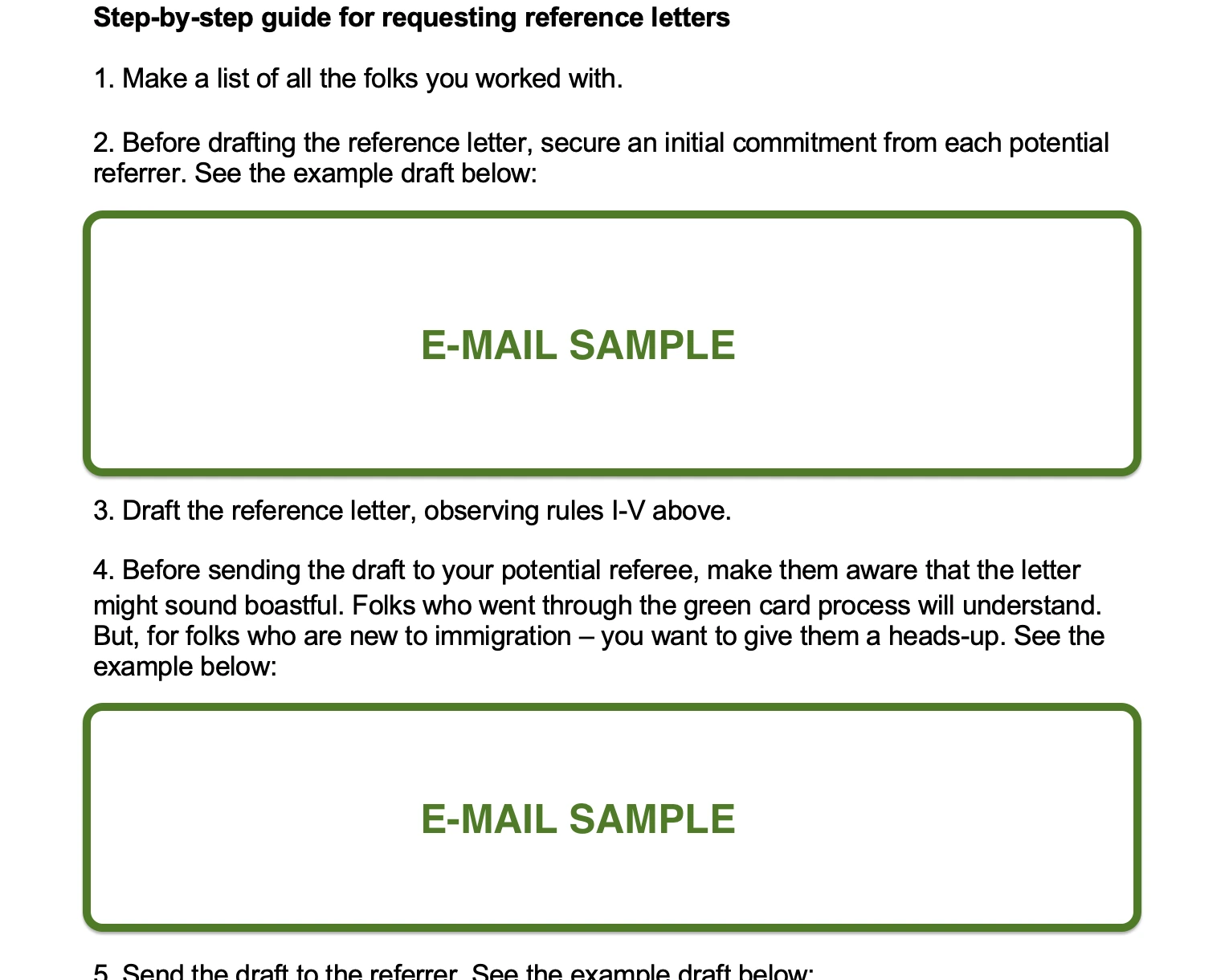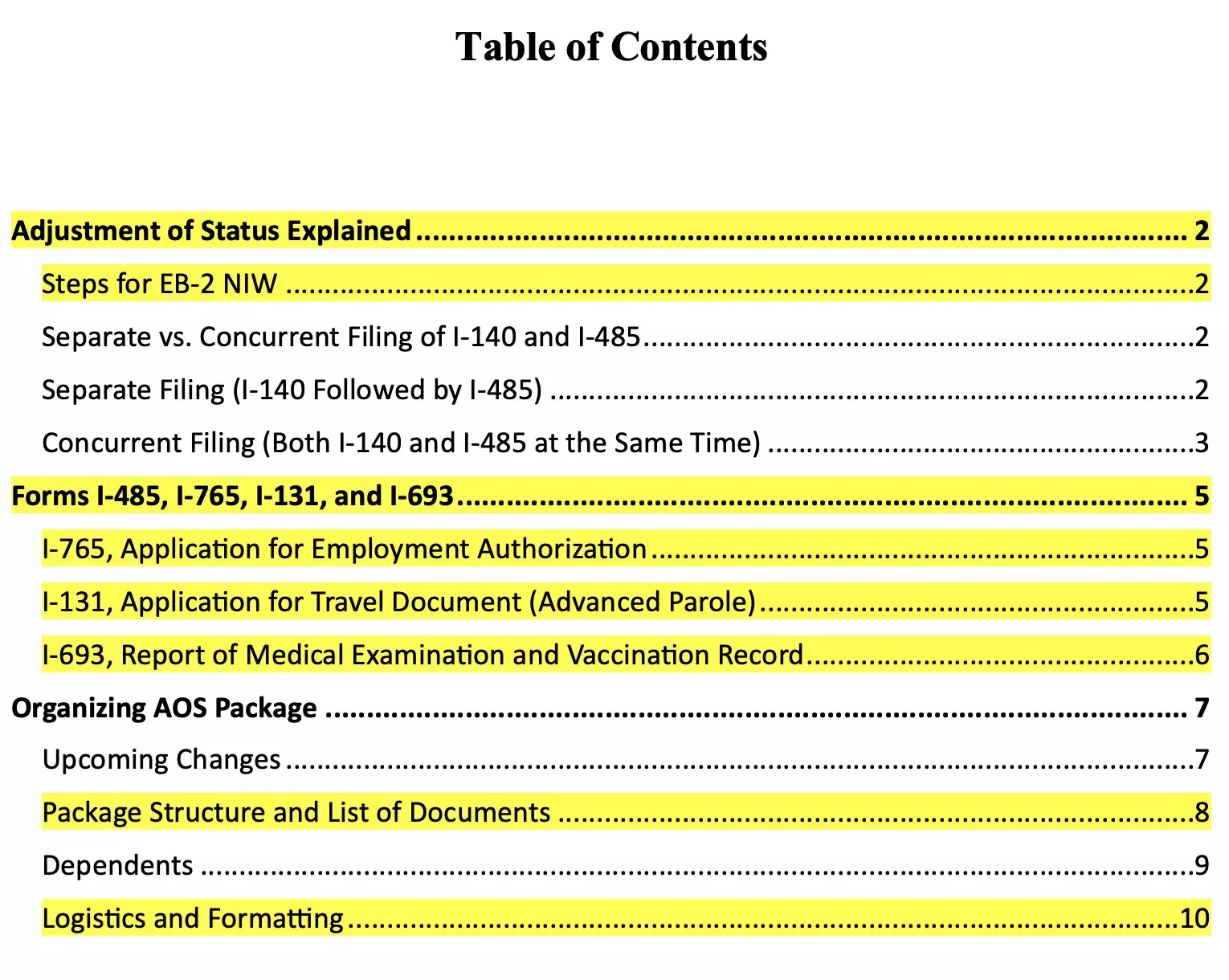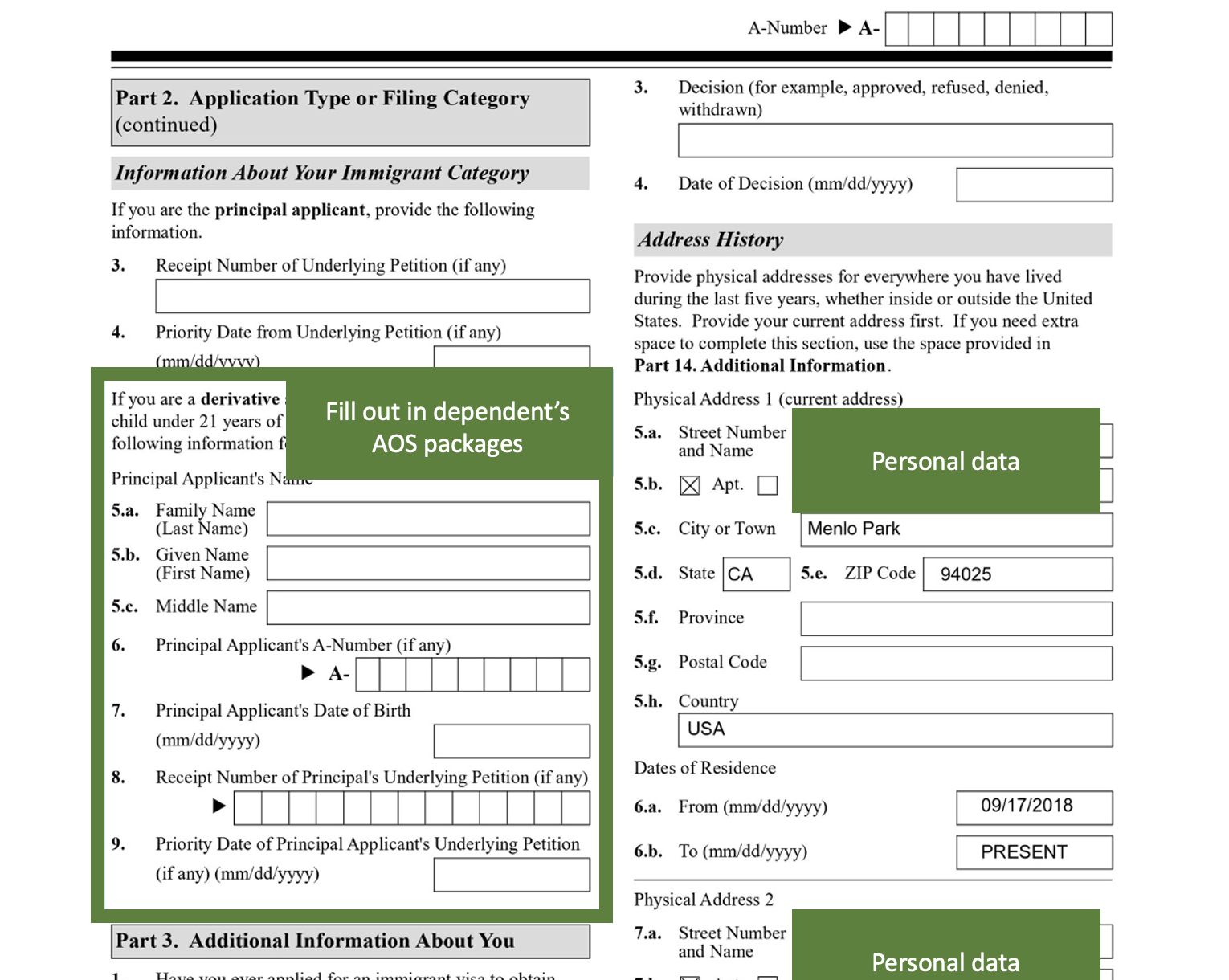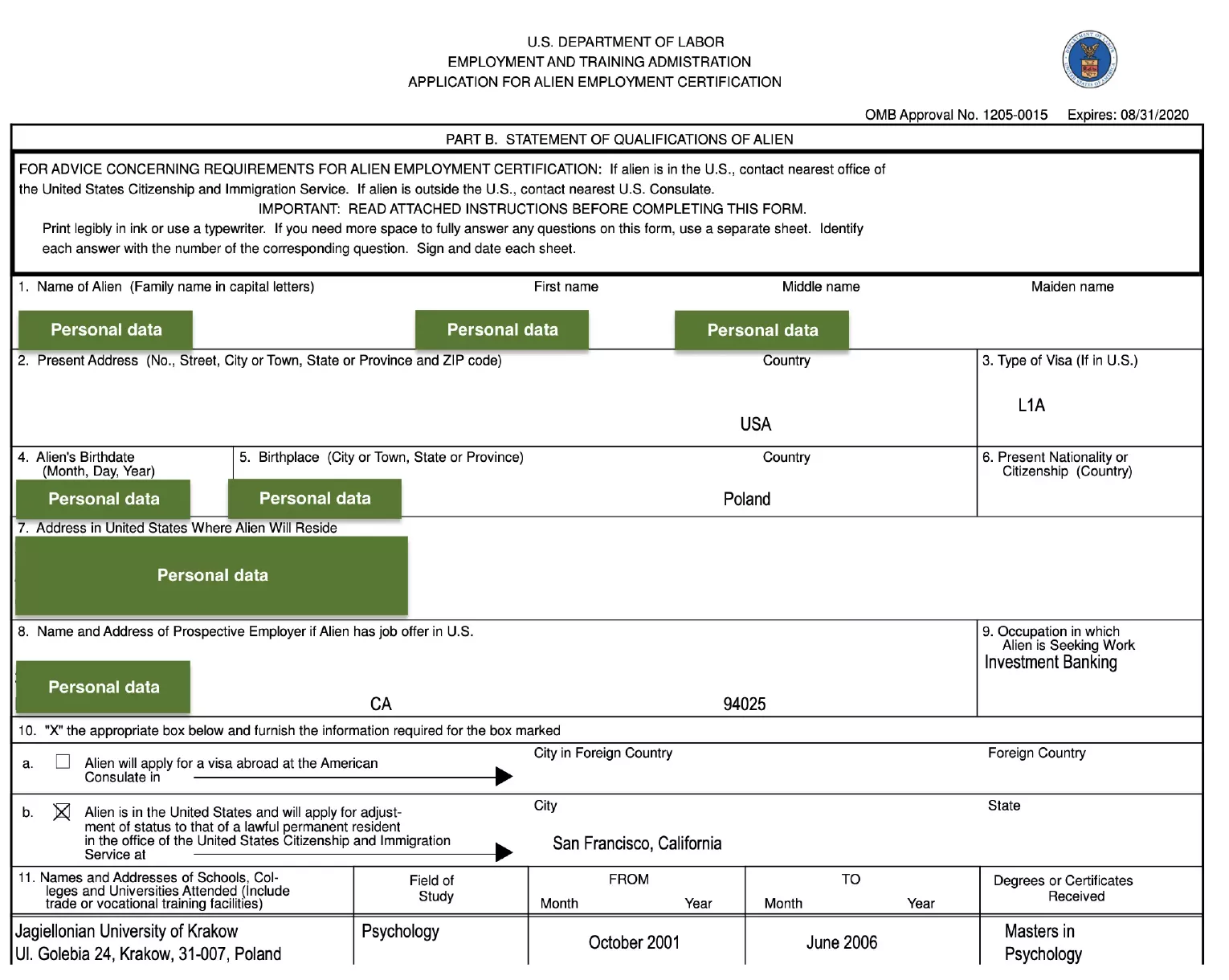Lessons learned from failing Prong-1
In this blog post, we will discuss a specific case and dissect the appeal process to understand the petitioner’s errors in meeting Prong-1. Goal is to gain valuable insights into what to avoid in your own petitions. So let’s dive in and explore the lessons we can learn from this failed application.
Before delving into the case, it is essential to familiarize yourself with the general EB-2 requirement and the Matter of Dhanasar framework for the NIW Green Card. The EB-2 category typically requires an advanced degree or exceptional ability. Additionally, the NIW Green Card has three prongs: demonstrating an endeavor of substantial merit and national importance, being well-positioned to advance the endeavor, and proving that it would be beneficial for the United States to waive the job offer requirement.
In this case, we examine the appeal of a civil engineer who aimed to address housing issues in the United States. The petitioner had two United States master’s degrees, fulfilling the general EB-2 requirement. However, the appeal focused on evaluating eligibility for the NIW Green Card under the Dhanasar framework.
USCIS source: HERE
Mistake #1: Focusing on self instead of the endeavor
One critical mistake made by the petitioner was prioritizing personal development at the center of the endeavor rather than emphasizing national importance. The petitioner’s statement indicated a desire to gain experience to start their own firm, which undermined the focus on benefiting the United States. The NIW Green Card is about what you can contribute to the country, not what the country can provide for you.
Mistake #2: Insufficient evidence of National Importance
The petitioner claimed that their proposed endeavor was of national importance due to the housing shortage in the United States. However, the evidence provided failed to establish the significant potential for employing United States workers or generating substantial positive economic effects. The petitioner did not demonstrate how the endeavor’s implications would rise to the level of national importance. Instead he focused on Florida exclusively. It is crucial to provide persuasive detail and evidence to support the claim of national importance in the endeavor.
Mistake #3: Inadequate recommendation letters
The petitioner submitted recommendation letters as part of their evidence. However, these letters lacked persuasive detail and did not sufficiently establish the impact of the petitioner’s work beyond their current employer. It is essential to ensure these letters are well-crafted, addressing the three prongs of the Dhanasar framework. We recommend drafting your application letter first and then elaborating on the arguments mentioned in the application in the reference letters.
Conclusion
Learning from failed cases can provide valuable insights for seeking an EB-2 or NIW Green Card. Avoid similar pitfalls in your own petition:
- Craft your endeavor statement with a focus on national importance rather than personal development.
- Provide detailed evidence to establish the significant potential for employing United States workers and generating positive economic effects. USCIS is not so much focused on the geographic impact of your endeavor, even people who work in an area with local or regional impact may qualify for EB-2 NIW. However, keep in mind you shall add evidence of national importance, examples: national expansion in the future, incoming demand from outside of your local area, national implications.
- Ensure your recommendation letters are well-crafted, detailed (and not generic), persuasive, and address the specific requirements of the NIW Green Card.
